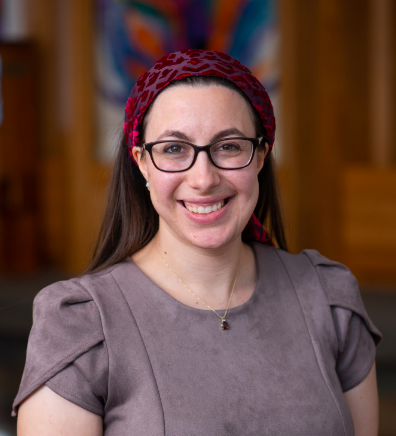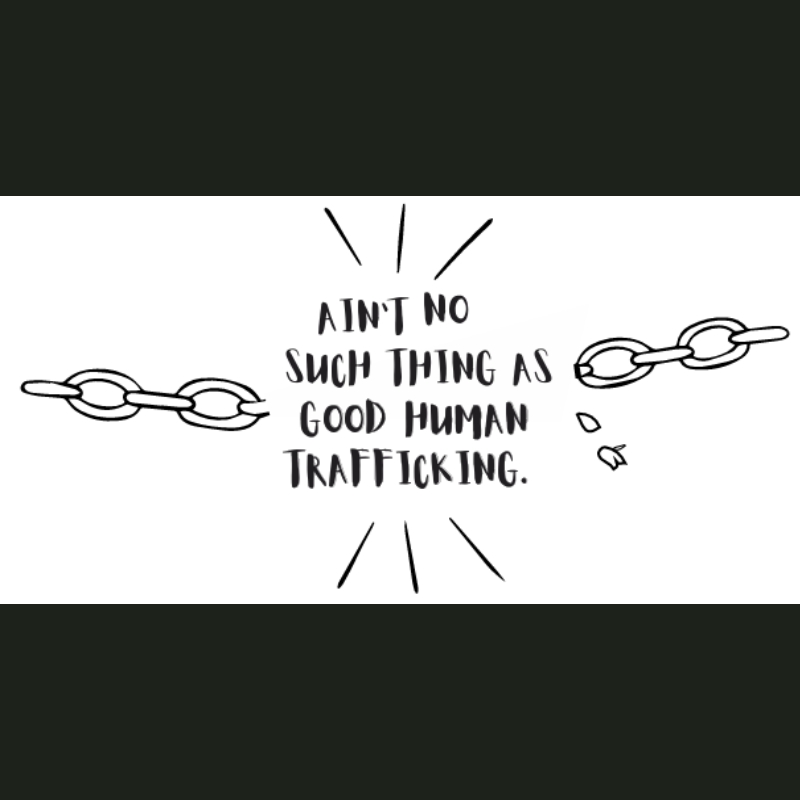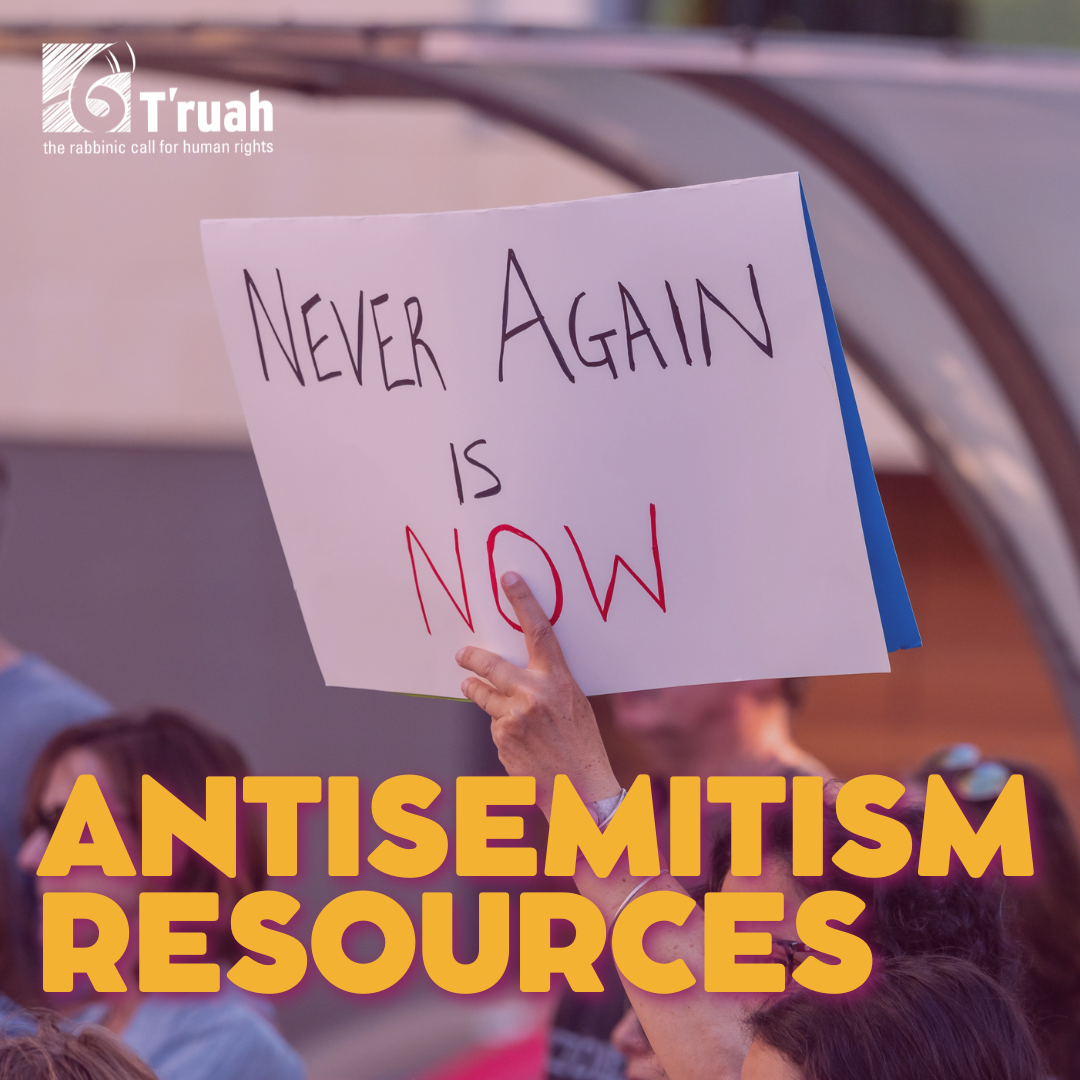Resources
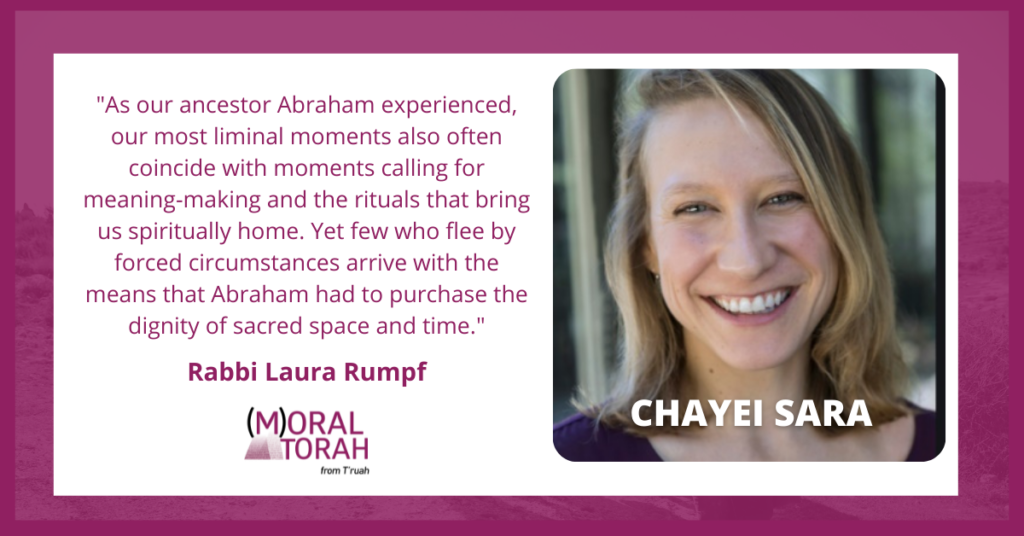
Abraham and the Unexpected Needs of Refugees
As our ancestor Abraham experienced, our most liminal moments also often coincide with moments calling for meaning-making and the rituals that bring us spiritually home. Yet few who flee by forced circumstances arrive with the means that Abraham had to purchase the dignity of sacred space and time.
more
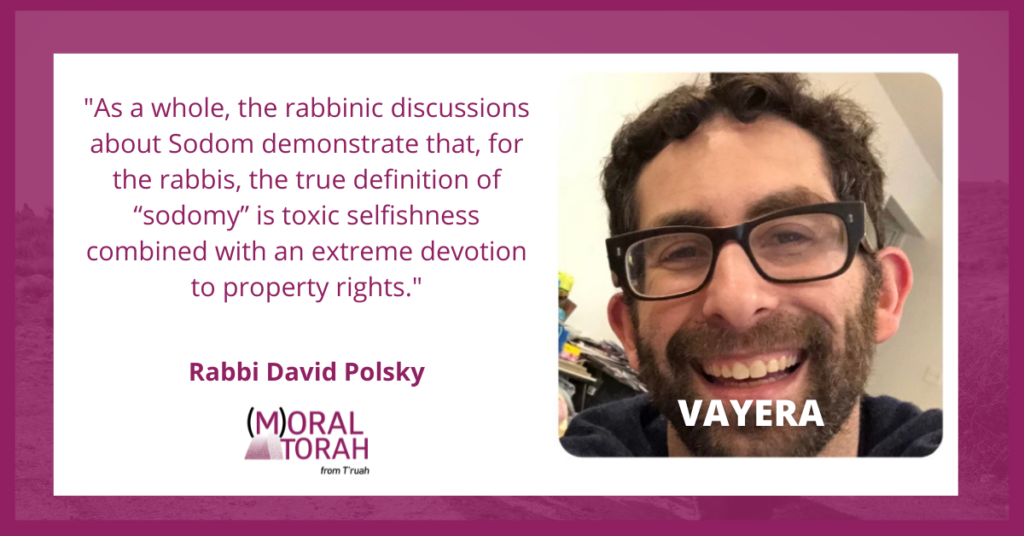
In Our Rabbis’ Eyes, “Sodomy” Meant Toxic Selfishness
As a whole, the rabbinic discussions about Sodom demonstrate that, for the rabbis, the true definition of “sodomy” is toxic selfishness combined with an extreme devotion to property rights.
more
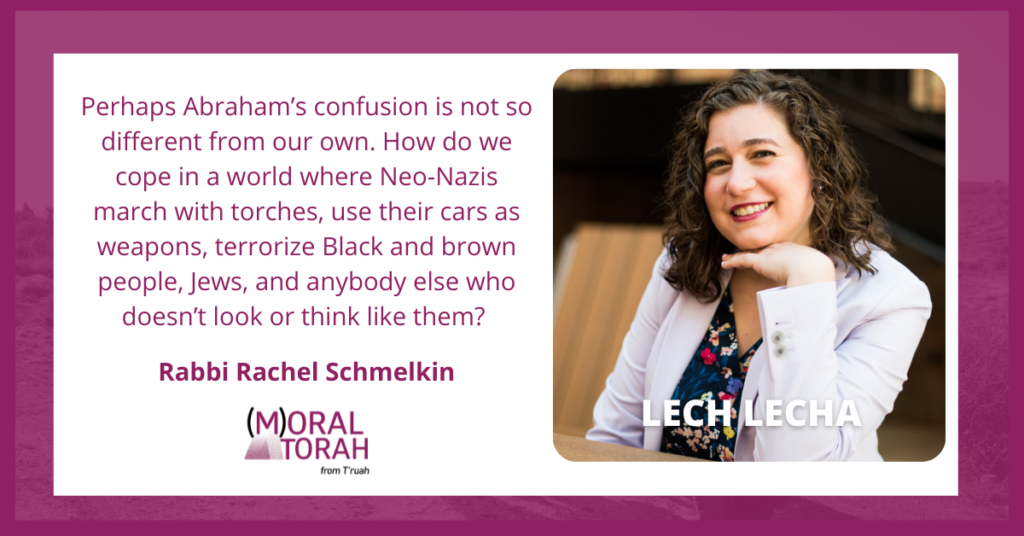
Dousing the Torches
A D’var Torah for Parshat Lech Lecha by Rabbi Rachel Schmelkin “It’s time to torch those Jewish monsters. Let’s go. 3pm.” On August 12, 2017 in Charlottesville, Virginia, I stared at the screenshot in horror, witnessing a direct threat to the Jewish community. Hundreds of Neo-Nazis and white supremacists had marched carrying torches the night...
more
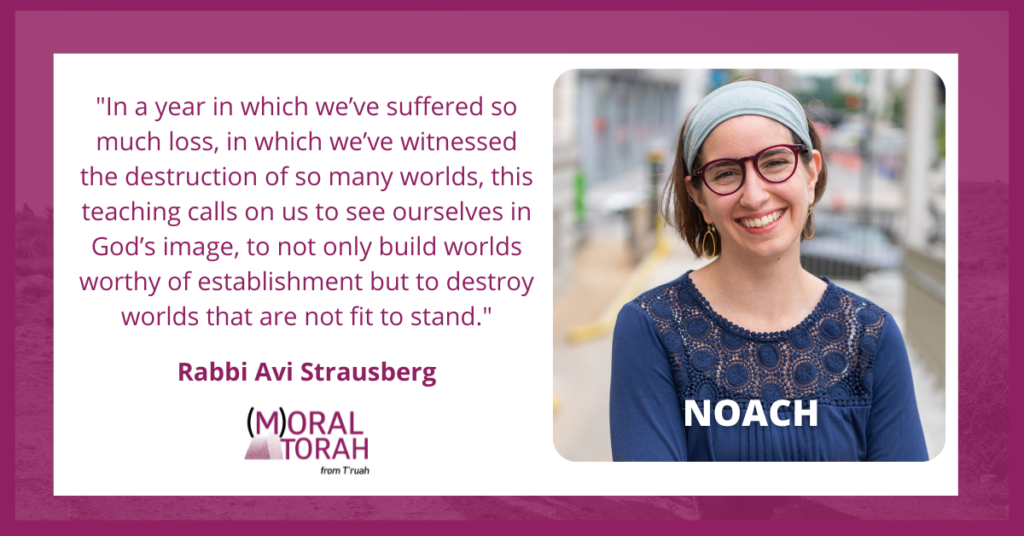
The Wisdom of Destroying Worlds
In a year in which we’ve suffered so much loss, in which we’ve witnessed the destruction of so many worlds, this teaching calls on us to see ourselves in God’s image, to not only build worlds worthy of establishment but to destroy worlds that are not fit to stand.
more
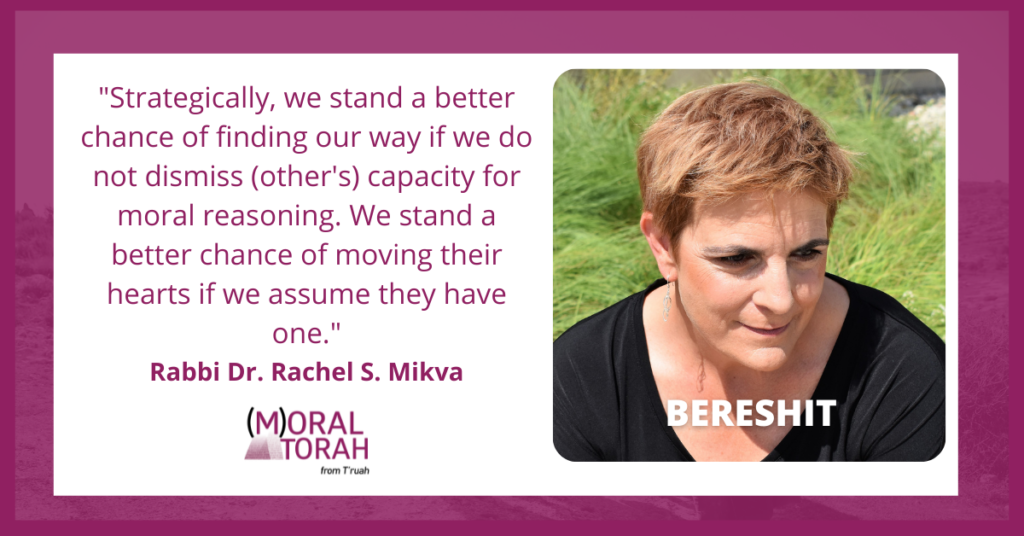
A Pandemic of Polarization
Strategically, we stand a better chance of finding our way if we do not dismiss (other's) capacity for moral reasoning. We stand a better chance of moving their hearts if we assume they have one.
more
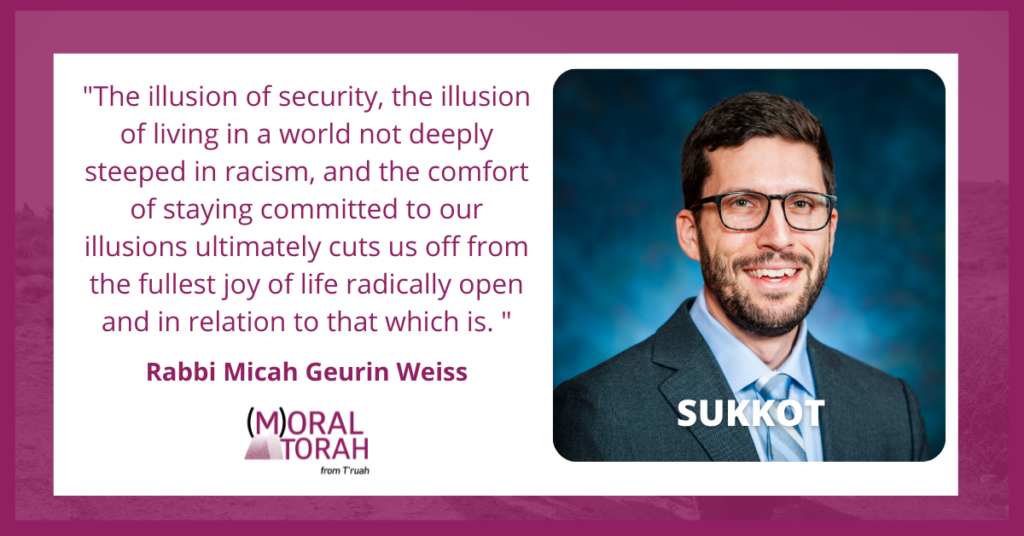
The Pathway to Joy Begins in Discomfort
The illusion of security, the illusion of living in a world not deeply steeped in racism, and the comfort of staying committed to our illusions ultimately cuts us off from the fullest joy of life radically open and in relation to that which is.
more
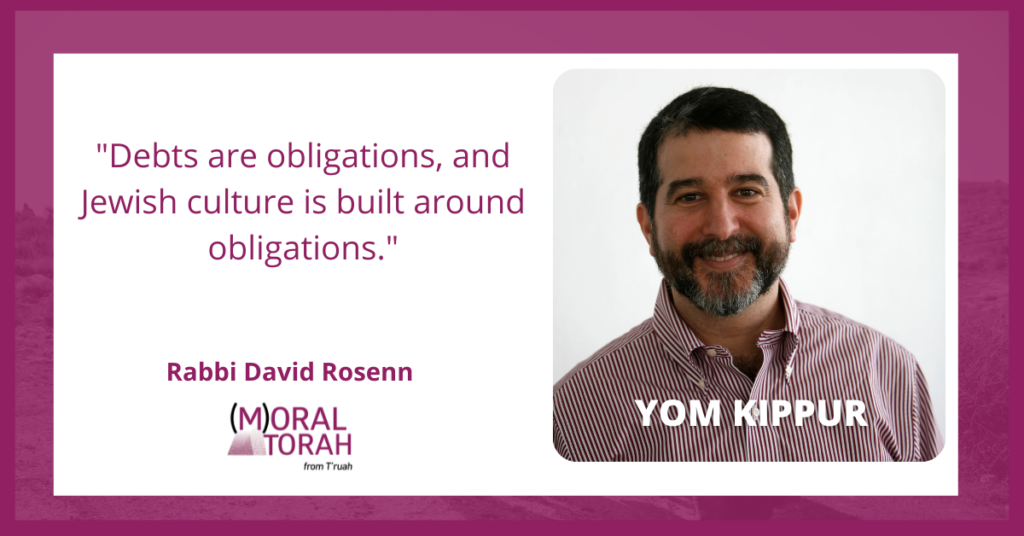
Canceling the Cancellation of Debts: A Theological Case for Pruzbol
Debts are obligations, and Jewish culture is built around obligations.
more
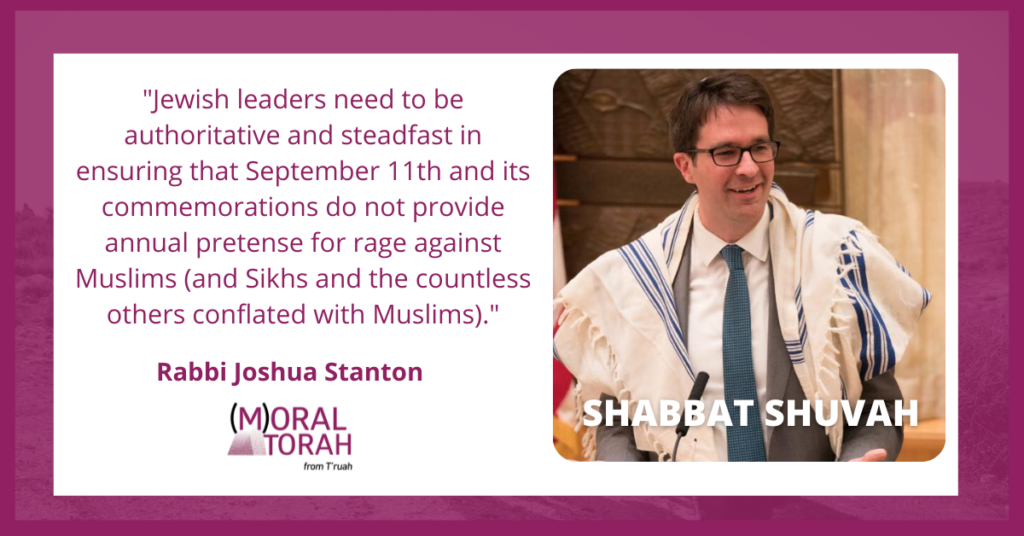
When Grief Turns to Rage
Jewish leaders need to be authoritative and steadfast in ensuring that September 11th and its commemorations do not provide annual pretense for rage against Muslims (and Sikhs and the countless others conflated with Muslims). Nor can we allow political opportunists to seize upon our unresolved grief and pain once again.
more
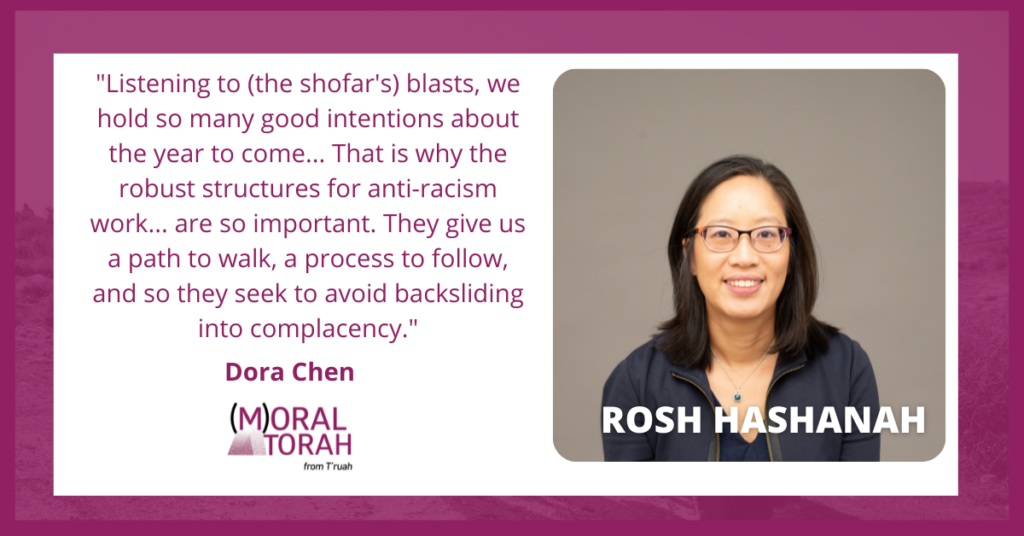
How to Make Our Racial Equity Commitments Endure
Listening to (the shofar's) blasts, we hold so many good intentions about the year to come... That is why the robust structures for anti-racism work... are so important. They give us a path to walk, a process to follow, and so they seek to avoid backsliding into complacency.
more
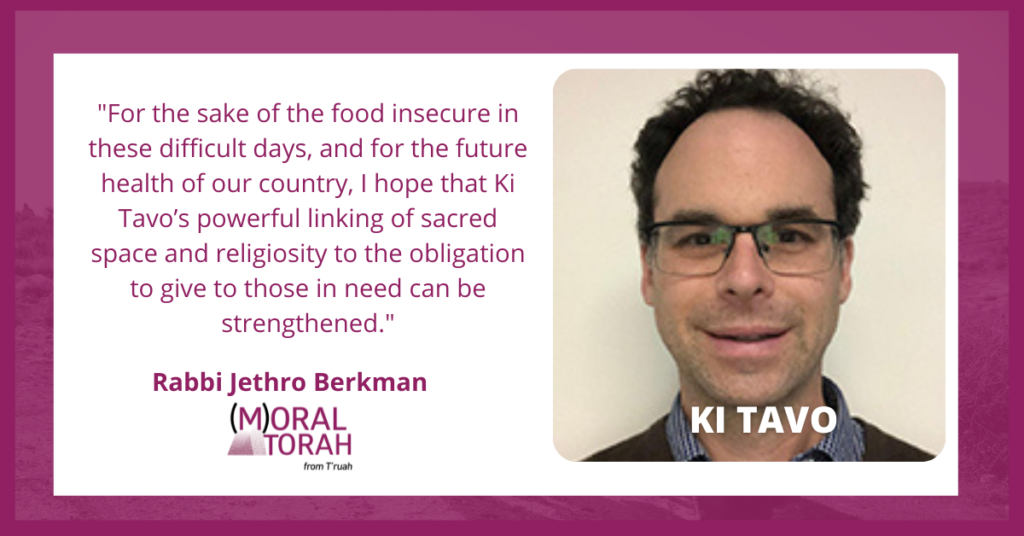
Cultivating a Culture of Giving
For the sake of the food insecure in these difficult days, and for the future health of our country, I hope that Ki Tavo’s powerful linking of sacred space and religiosity to the obligation to give to those in need can be strengthened. As Americans increasingly seek spirituality and community outside of organized religion, community builders, religious and non-religious alike, must work to cultivate cultures of giving.
more

